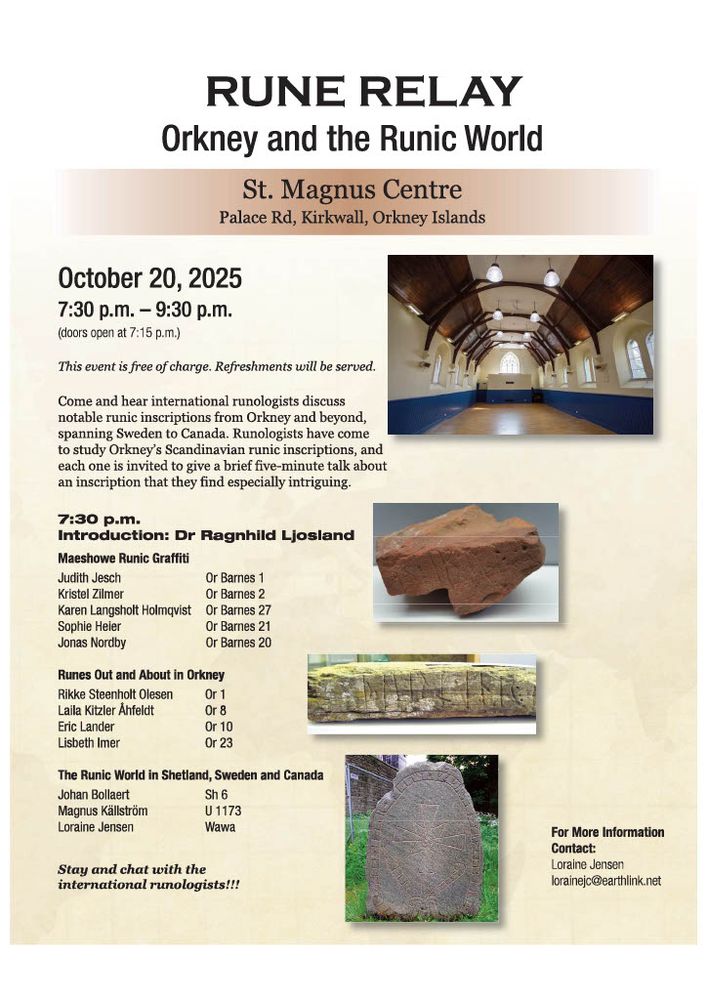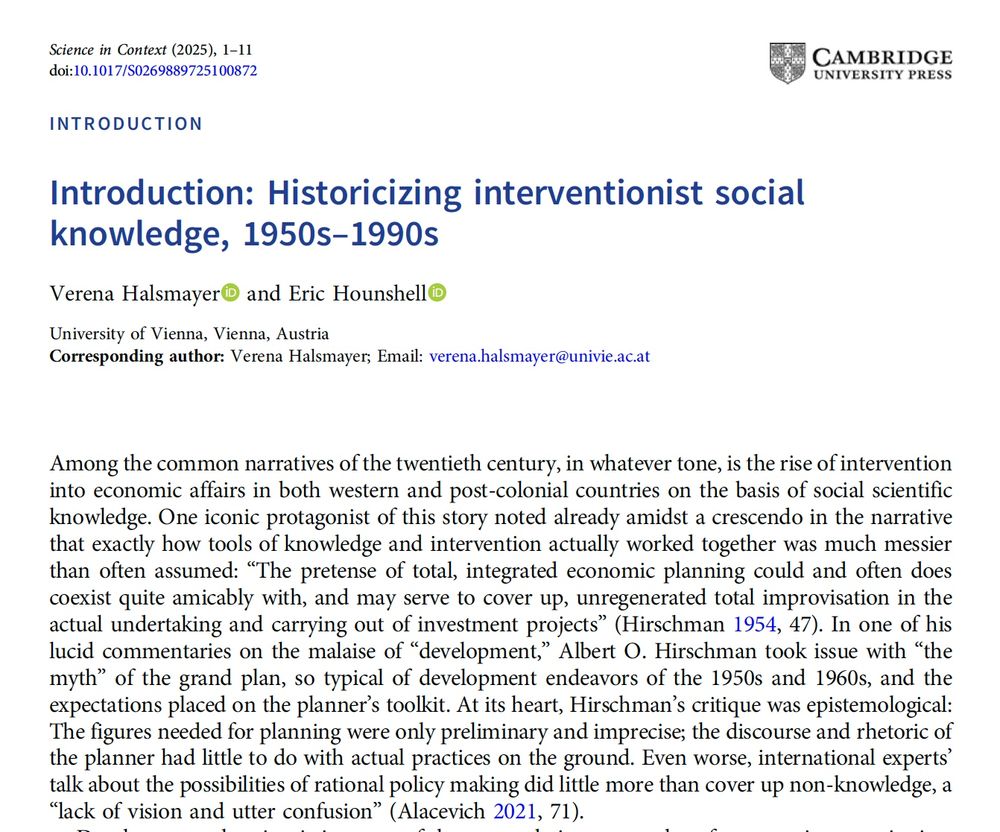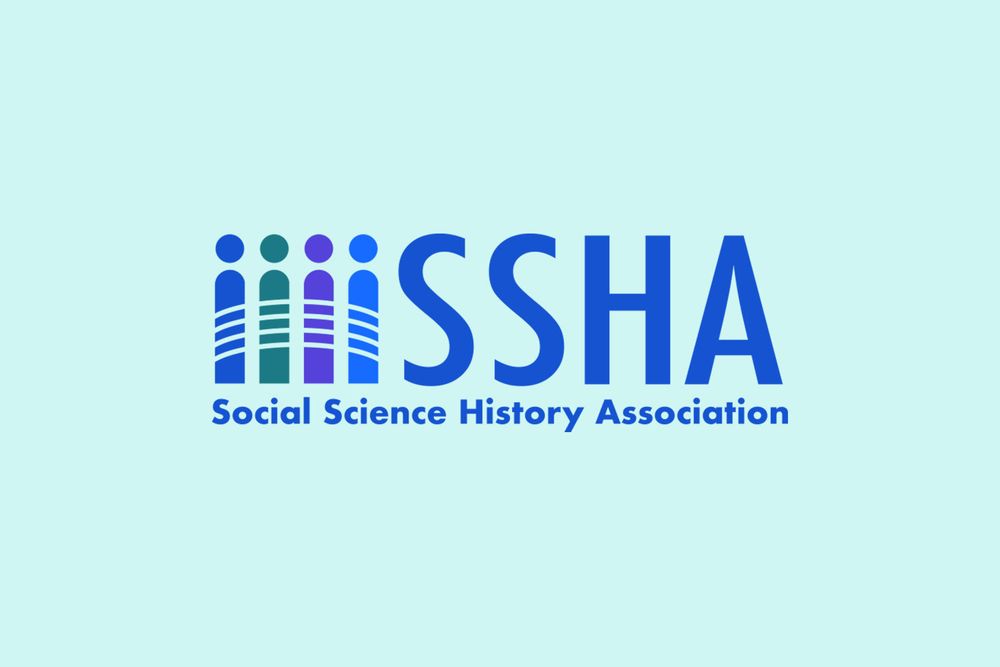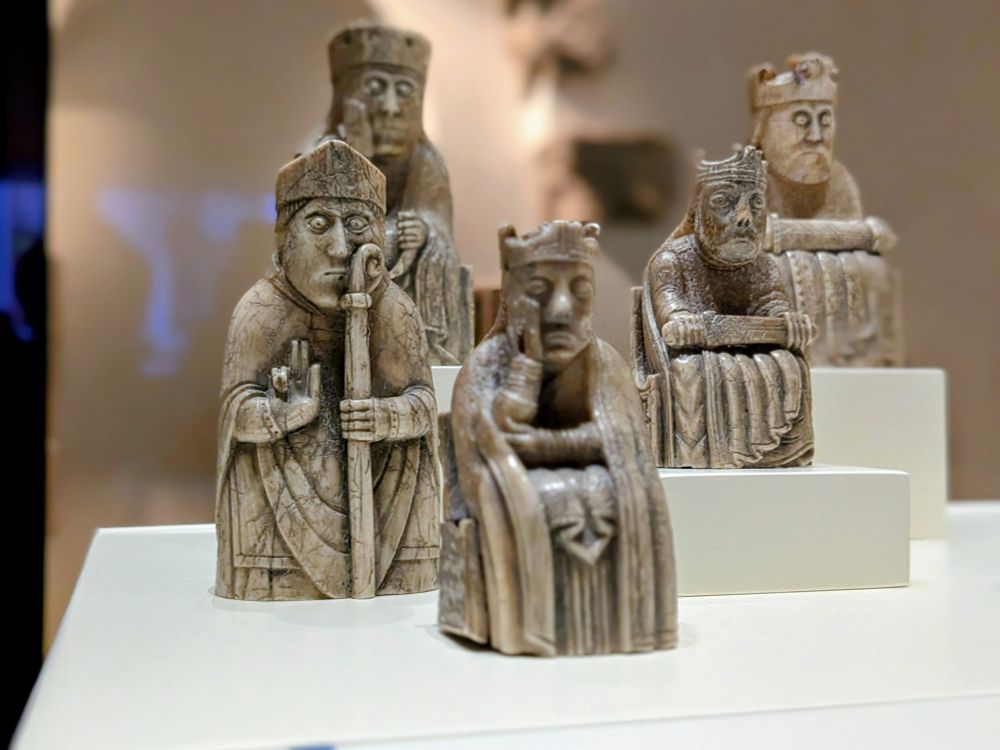Economic historian @UoGuelph w broad social science & historical interests: population health, First Nations demography, mobility, inequality & lives of the incarcerated 🇨🇦🇦🇺🇳🇿🏴 Editing Asia-Pacific Econ History Rev & directing https://thecanadianpeoples.com. .. more
Economic historian @UoGuelph w broad social science & historical interests: population health, First Nations demography, mobility, inequality & lives of the incarcerated 🇨🇦🇦🇺🇳🇿🏴 Editing Asia-Pacific Econ History Rev & directing https://thecanadianpeoples.com.
Reposted by Kris Inwood
Reposted by Lesley A. Hall, Kris Inwood, Mark Rice , and 1 more Lesley A. Hall, Kris Inwood, Mark Rice, Mary Burke
Reposted by Lesley A. Hall, Kris Inwood, S. J. Holmes
Reposted by Kris Inwood, Tim Hitchcock, Katrina Navickas
Reposted by Ben Barr, Kris Inwood
Reposted by Kris Inwood
Reposted by Kris Inwood
Reposted by Lesley A. Hall, Kris Inwood
Reposted by Kris Inwood
Reposted by Kris Inwood, Joshua Goodman
Reposted by Kris Inwood, Patrick Svensson
Reposted by Kris Inwood
Reposted by Kris Inwood
Reposted by Erwin Dekker, Kris Inwood
Reposted by Kris Inwood, Evan Roberts
Reposted by Kris Inwood
Reposted by Kris Inwood
Reposted by Kris Inwood, David Stott
Reposted by Kris Inwood
Reposted by Lesley A. Hall, Kris Inwood
Reposted by Kris Inwood, Aidan O’Sullivan
Reposted by Kris Inwood
Reposted by Kris Inwood


















